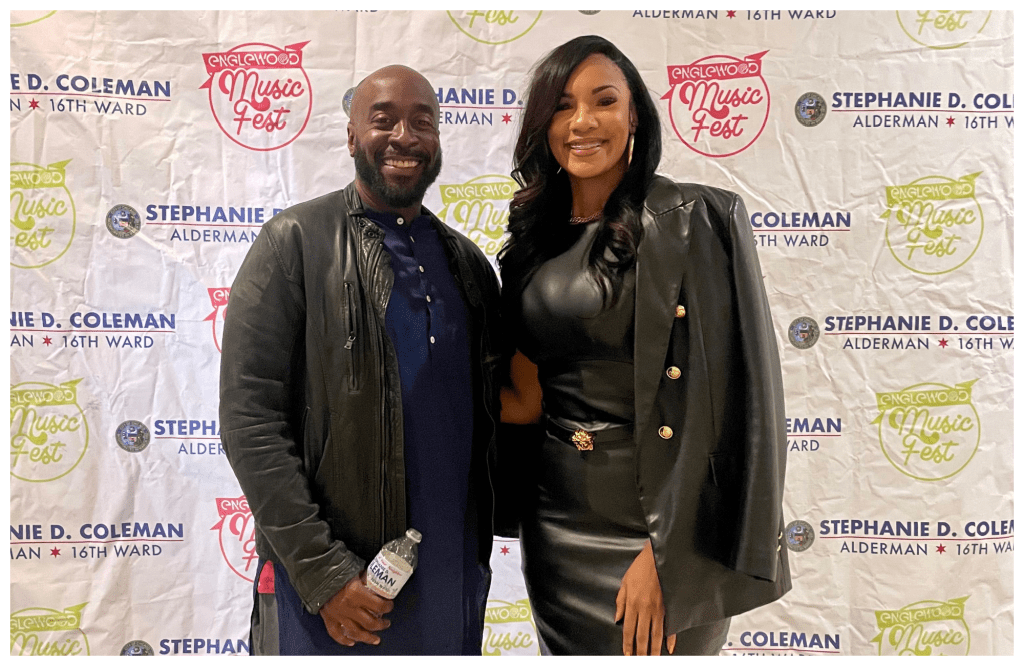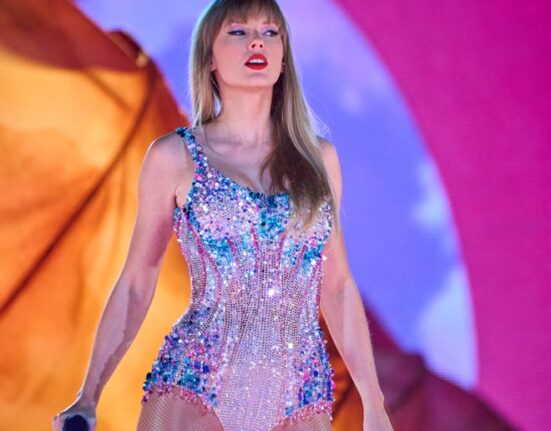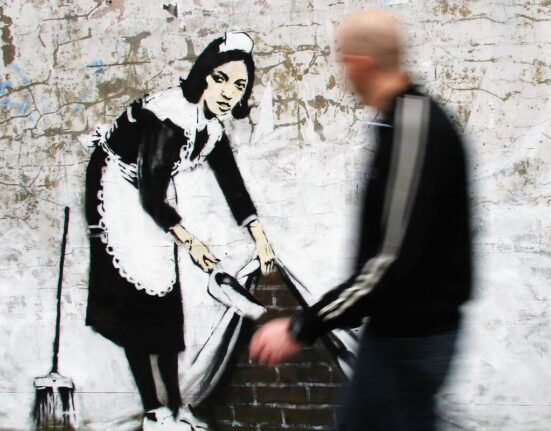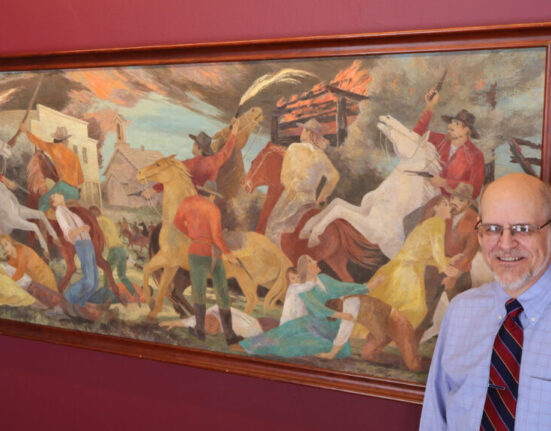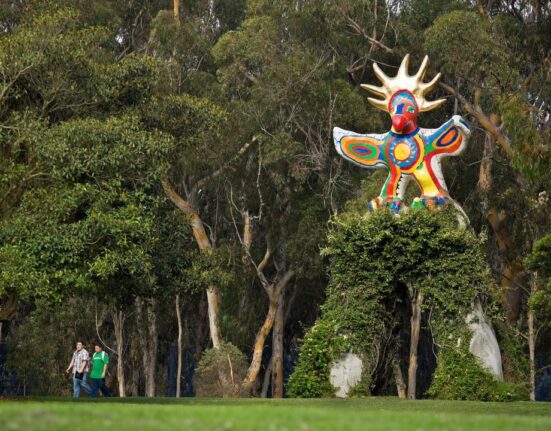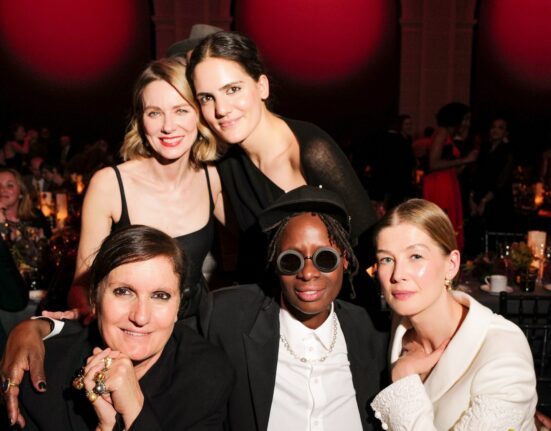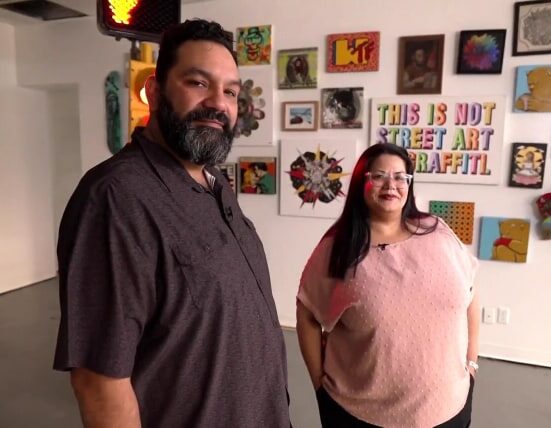ENGLEWOOD — Local officials and community artists convened Monday to examine the recent disappearance of South Side festivals and jumpstart celebrations for the 5th Annual Englewood Music Festival.
Artist Que Billah and a live band performed classics like “So Fresh, So Clean,” artists painted on canvas and neighbors danced at “Sustaining the Joy: A Real Talk About Producing South Side Community Festivals.”
The panel, hosted by Ald. Stephanie Coleman (16th) and the Englewood Arts Collective at Kennedy-King College, invited neighbors to support September’s Englewood Music Festival while learning why funding the event and others like it is critical this year.
Eric Williams, founder of the now-defunct Silver Room Block Party, joined Coleman to attest to the joys and hardships of planning an annual community festival.

Janell Nelson and Tonika Lewis Johnson, co-founders of the Englewood Arts Collective, coordinated with Coleman to curate the panel after noting that “so many festivals in the city, especially on the South Side, are no more,” Nelson told Block Club.
Hyde Park Summer Fest, a celebration of Black joy featuring world-renowned artists, ended after a nine-year run in 2024. The Silver Room Block Party, founded by Williams in 2002 as a small get-together, grew into a South Side phenomenon before ending in 2023.
The Englewood Music Festival is one of the last remaining community events on the South Side. Auburn Gresham’s 79th Street Renaissance Festival and the South Shore Summer Fest also bring free family fun to the community.

Coleman launched the first Englewood Music Festival in 2021 “without a dollar,” she told Block Club. The free, day-long festival was intended to “celebrate the excellence of Englewood” and bring the momentum of other events like the Westside Music Festival and Silver Room Block Party to her ward.
The “magic” of the annual community event is the EAC Arts Village, led by the Englewood Arts Collective. The Arts Village unites “babies and the baby boomers” every year with live art activations, caricature drawings and Zumba dancing, Coleman said.
The festival has grown in recent years to include artists like Waka Flocka Flame, Juvenile, Kindred the Family Soul, Kelly Price and Twista. Coleman selects “nostalgic music” to attract a crowd, she said. Local and up-and-coming musicians also get a chance to shine at the festival.
As the scale of the festival has grown, so has its costs, Coleman said.

Producing the Englewood Music Festival costs half a million dollars, at minimum, Coleman said. That total goes towards curating the event and other budgetary items like sound systems, chairs, stagehands, security, mulch, benches and ponchos in case it rains.
It costs around $200,000 to bring the EAC Arts Village to the festival, Johnson said. That number fluctuates to match the increasing number of people drawn to the event.
As the Trump administration continues to slash through federal funding for cultural groups and the arts, there is a worry that the festival won’t receive the usual dollars it takes to sustain it this year, Coleman said.
“I would lie if I said I was not worried this year due to [Diversity, Equity and Inclusion] and how some of our corporations are pulling back because of what’s happening on the federal level,” Coleman said. “The funds are just not there. So I have to pivot and get very creative. But I do trust in God that we’re going to be all right.”

Creating events like the Englewood Music Festival or his Silver Room Block Party is not free, despite what people might believe, Williams said Monday.
When Williams launched the Silver Room Block Party, he paid for the celebration with a “couple 100 bucks” from his pocket, he said. That total grew to $1 million as the Silver Room Block Party grew in popularity, Williams said.
In 2022, the former free, one-day event became a ticketed two-day festival with prices ranging from $30 to $50. At the time, Williams said he could not afford to cover a party for 20,000 people.
Williams ended the community event permanently one year later in 2023 because it became too expensive to produce. Leaders at the festival “couldn’t get enough donations and shift the mindset to have people actually pay and support,” Williams said Monday.
Williams owes at least “20 to 30 different vendors and artists” for their roles in past Silver Room Block Parties, he told Block Club. He’s hoping to raise $200,000 within 30 days to pay down the festival’s debt.
“Nothing is free. It’s free for you maybe, but there’s money that has to be spent to produce anything,” Williams said. “… There’s a lot of work that goes [on] behind the scenes and, unfortunately, we saw a loss in our community. There are lot of festivals now that are gone.”

Amidst the departure of so many South Side festivals, it’s more important than ever to support the celebrations that do still exist, Williams said. Fun summer festivals that spotlight Black joy, artists and vendors help circulate local dollars while positively shifting the narrative of South Side communities, Williams said.
In Englewood, the music festival brings together people from across the city who are often told not to go to the South Side, Johnson said.
It’s crucial for the city as a whole to unite and support what Coleman has created, Johnson said.
“I tell people all day that what they say about Englewood isn’t true. But without something for people to actually visit and experience, the truth that we’re saying doesn’t hold that much weight,” Johnson said. It isn’t just a festival. It’s defending and standing up for ourselves as a community while also creating an event that the rest of the city can come to.”
Listen to the Block Club Chicago podcast:

